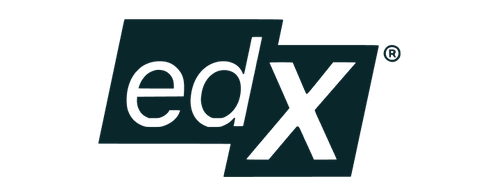Teaching with Physical Computing: Introduction to Project-Based Learning
Course Features
Duration
10 weeks
Delivery Method
Online
Available on
Limited Access
Accessibility
Mobile, Desktop, Laptop
Language
English
Subtitles
English
Level
Intermediate
Effort
2 hours per week
Teaching Type
Self Paced
Course Description
Course Overview
International Faculty
Post Course Interactions
Instructor-Moderated Discussions
Skills You Will Gain
Prerequisites/Requirements
Familiarity with Computing subject knowledge and its practical application, along with basic knowledge of electronics/hardware/boards/sensors.
What You Will Learn
A comprehensive introduction to Project-Based Learning and Physical Computing
An understanding of the ‘big picture’ of Physical Computing, and why it’s essential to STEM & Computing education
An introduction to how the Arm School Program structures its PBL teaching and learning resources
A deeper sense of the practices which underline Project-Based Learning, from teaching approach to learning theory
Resources that help you to deliver an engaging, practical and inclusive class for your students
Finish the course with a classroom investigation, which helps you put your learning into practice
Course Instructors
